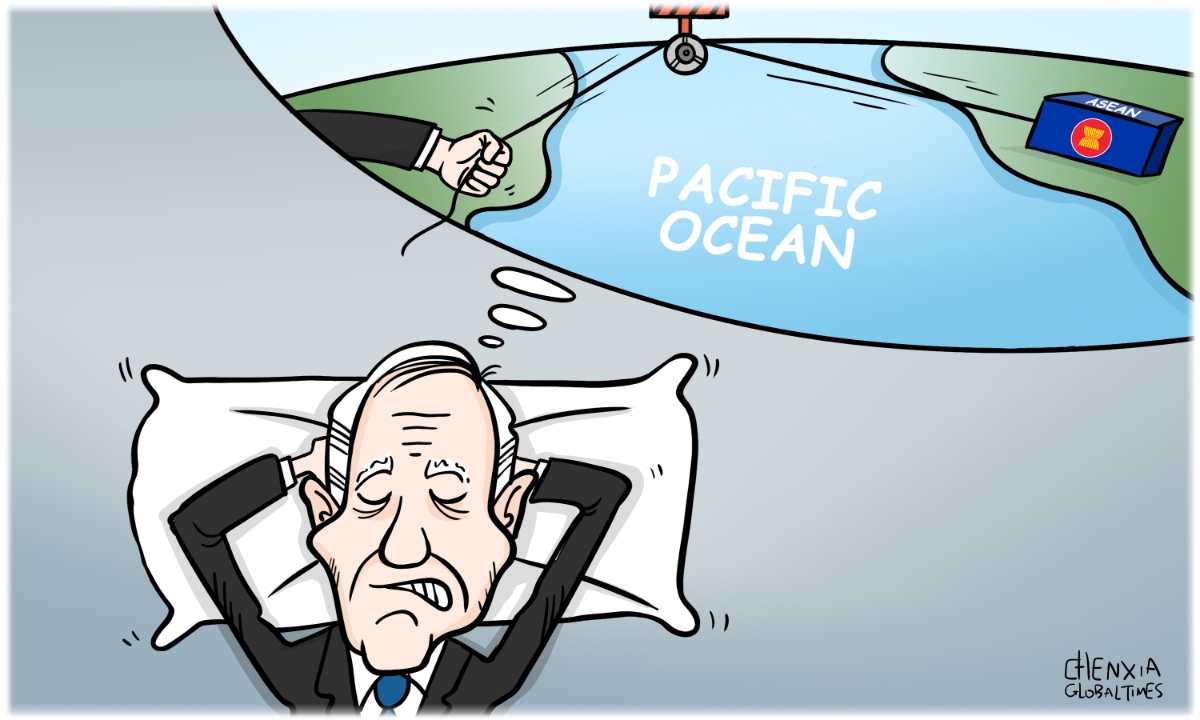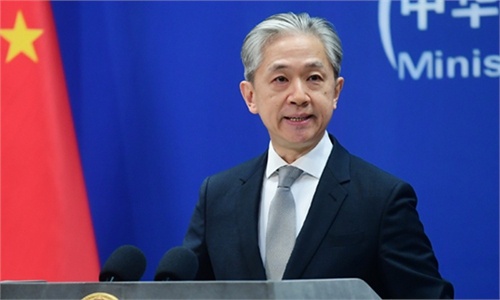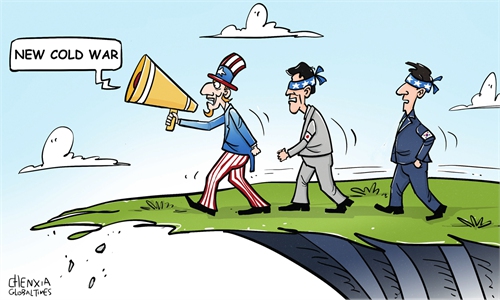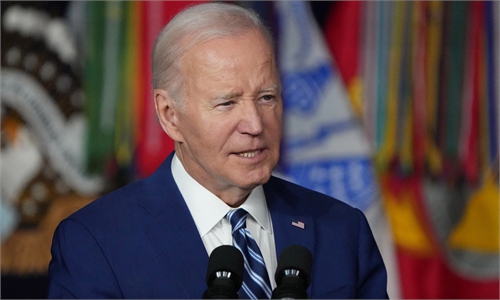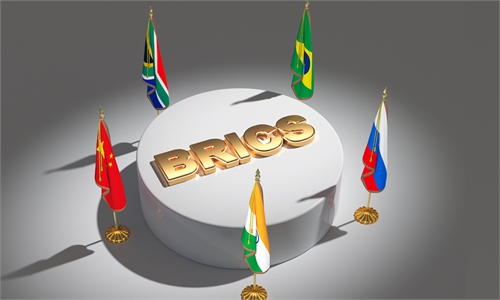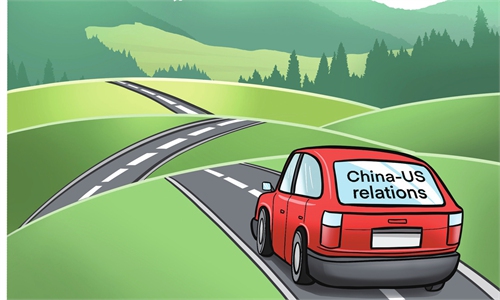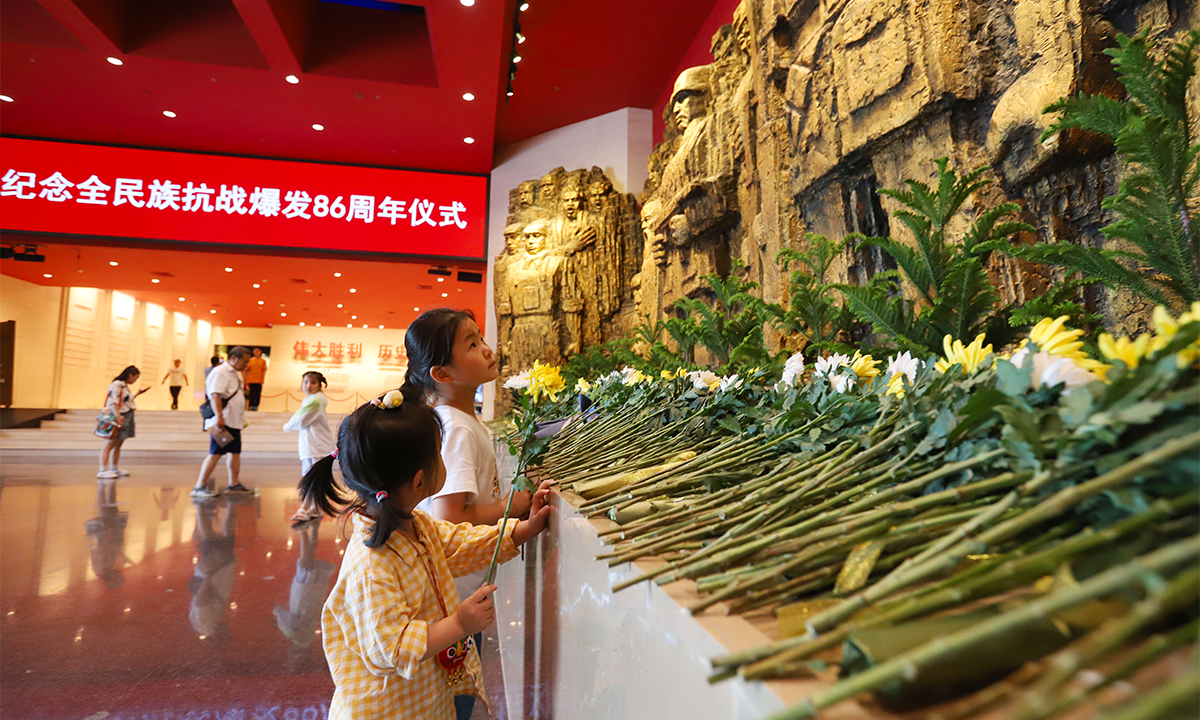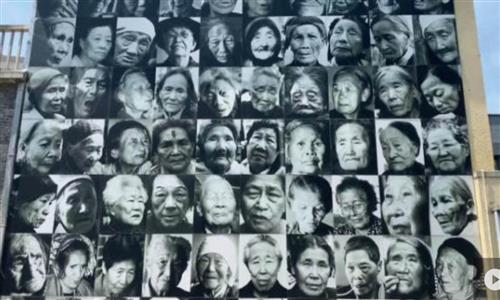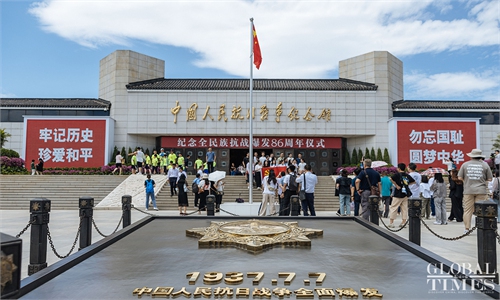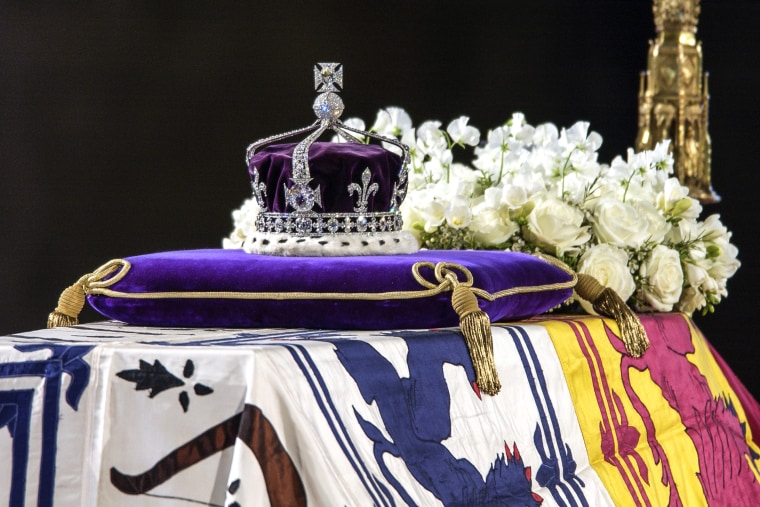This article is written by a Malaysian. Very well documented history. Should be read by our youngsters, who are, by and large, worshippers of Western culture so as to get a better understanding of China, and the evils of the West.
一篇值得那些崇拜西方文化的年青人對中國多一層的瞭解與 認識。
The article is in both English & Chinese
Source:
https://mp.weixin.qq.com/s/kAvfx1mAqiJM48-sxxlmYA
作者 │ Aningo定居海外,独立评论员。
原文为英文,经过我本人的翻译,为大家呈现,马来西亚人如何看待中国的一篇文章。以下为中英对照版。
By a Malaysian:来自马来西亚人:
I'm from Malaysia. China has traded with Malaysia for 2000 years. In those years, they had been the world's biggest powers many times. Never once they sent troops to take our land. Admiral Zhenghe came to Malacca five times, in gigantic fleets, and a flagship eight times the size of Christopher Columbus' flagship, Santa Maria. He could have seized Malacca easily, but he did not. In 1511, the Portuguese came. In 1642, the Dutch came. In the 18th century the British came. We were colonised by each, one after another.
我来自马来西亚。中国与马来西亚的贸易已有2000年。在那些年里,它们曾多次成为世界上最大的强国。但他们从未派兵侵占我们的土地。海军上将郑和,曾五次乘坐巨型舰队来到马六甲,并且是哥伦布“圣玛丽亚”舰队的八倍大。他本来可以轻松地占领马六甲,但他没有。1511年,葡萄牙人来了。1642年,荷兰人来了。18世纪,英国人来了。然后我们接二连三地被他们殖民。
When China wanted spices from India, they traded with the Indians. When they wanted gems, they traded with the Persian. They didn't take lands. The only time China expanded beyond their current borders was in Yuan Dynasty, when Genghis and his descendants Ogedei Khan, Guyuk Khan & Kublai Khan conquered China, Mid Asia and Eastern Europe. But Yuan Dynasty, although being based in China, was a part of the Mongolian Empire.
当中国想要印度的香料时,他们与印度人进行贸易。当他们想要宝石时,他们与波斯人进行贸易。他们从不侵占土地。中国唯一一次扩张国界是在元朝,成吉思汗及其后代奥格代汗(Ogedei Khan)古尤克汗(Guyuk Khan)和忽必烈(Kublai Khan)征服了中国、中亚和东欧。但是,元朝虽属中国,却是蒙古帝国的一部分。
Then came the Century of Humiliation. Britain smuggled opium into China to dope the population, a strategy to turn the trade deficit around, after the British could not find enough silver to pay the Qing Dynasty in their tea and porcelain trades. After the opium warehouses were burned down and ports were closed by the Chinese in ordered to curb opium, the British started the Opium War I, which China lost. Hong Kong was forced to be surrendered to the British in a peace talk (Nanjing Treaty). The British owned 90% of the opium market in China, during that time, Queen Victoria was the world's biggest drug baron. The remaining 10% was owned by American merchants from Boston. Many of Boston's institutions were built with profit from opium.
接着是屈辱的世纪。在英国人没有足够的白银来支付清朝的茶叶和瓷器贸易之后,英国把鸦片走私到中国来贩卖毒品,这是一种扭转贸易逆差的策略。在虎门销烟、中国关闭港口以遏制鸦片之后,英国发动了第一次鸦片战争,中国输了。香港被迫在谈判中向英国投降(《南京条约》)。那个时期,英国的维多利亚女王是全世界最大的毒品大亨,英国人拥有中国90%的鸦片市场,其余的10%由波士顿的美国商人拥有。波士顿的许多机构都是靠着发鸦片财而建立的。
After 12 years of Nanjing Treaty, the West started getting really really greedy. The British wanted the Qing government:
1. To open the borders of China to allow goods coming in and out freely, and tax free.
2. Make opium legal in China.
《南京条约》签订12年后,西方开始变得非常非常贪婪。英国人要求清政府:1.开放中国边境,允许货物自由进出,免除关税。2.使鸦片在中国合法化。
Insane requests, Qing government said no. The British and French, with supports from the US and Russia from behind, started Opium War II with China, which again, China lost. The Anglo-French military raided the Summer Palace, and threatened to burn down the Imperial Palace, the Qing government was forced to pay with ports, free business zones, 300,000 kilograms of silver and Kowloon was taken. Since then, China's resources flew out freely through these business zones and ports. In the subsequent amendment to the treaties, Chinese people were sold overseas to serve as labor.
面对疯狂的要求,清政府说不。英法两国在美俄的支持下,对中国发动了第二次鸦片战争,而中国又输了。英法军队突袭了颐和园,并威胁要烧毁皇宫,清政府被迫用港口、自由贸易区、30万公斤的白银进行了支付。香港九龙也被抢走。从那时起,中国的资源便通过这些贸易区和港口自由进出。在随后的条约修正案中,中国人被卖到海外当劳工。
In 1900, China suffered attacks by the 8-National Alliance(Japan, Russia, Britain, France, USA, Germany, Italy, Austria-Hungary). Innocent Chinese civilians in Peking (Beijing now) were murdered, buildings were destroyed & women were raped. The Imperial Palace was raided, and treasures ended up in museums like the British Museum in London and the Louvre in Paris.
In late 1930s China was occupied by the Japanese in WWII. Millions of Chinese died during the occupancy. 300,000 Chinese died in Nanjing Massacre alone.
1900年,中国遭到八国联军的进攻(日本,俄罗斯,英国,法国,美国,德国,意大利,奥地利,匈牙利)。北平(现北京)的无辜中国平民被谋杀,建筑物被毁,妇女被强奸。皇宫遭到袭击,宝藏最终落入了伦敦大英博物馆和巴黎卢浮宫的口袋。20世纪30年代末,中国在第二次世界大战中被日本占领。数百万人在这期间丧命。仅南京大屠杀,就有30万中国人被杀害。
Mao brought China together again from the shambles. There were peace and unity for some time.
Then came Deng Xiao Ping and his famous “black-cat and white-cat” story. His preference in pragmatism than ideologies has transformed China. This thinking allowed China to evolve all the time to adapt to the actual needs in the country, instead of rigidly bounded to ideologies.
The current Socialism+Meritocracy+Market Economy model fits the Chinese like gloves, and it propels the uprise of China. Singapore has a similar model, and has been arguably more successful than Hong Kong, because Hong Kong being gateway to China, was riding on the economic boom in China, while Singapore had no one to gain from.
毛泽东把中国从废墟中团结起来,中国迎来了和平、统一。接着就是邓小平和他著名的“黑猫和白猫”的故事。比起意识形态,他对实用主义的偏爱已经改变了中国。这种思想使中国可以一直发展,以适应国家的实际需要,而不是拘泥于意识形态。当前的社会主义+精英主义+市场经济模型,完美地贴合了中国人,并推动着中国的崛起。而新加坡也有类似的模式,可以说比香港更成功。因为香港是通往中国的门户,受惠于中国的经济繁荣而发展,而新加坡则完全自主发展。
In just 30 years, the CCP have moved 800 millions of people out from poverty. The rate of growth is unprecedented in human history. They have built the biggest mobile network, by far the biggest high speed rail network in the world, and they have become a behemoth in infrastructure. They made a fishing village called Shenzhen into the world's second largest technological centre after the Silicon Valley. They are growing into a technological power house. It has the most elaborate e-commerce and cashless payment system in the world. They have launched exploration to Mars. The Chinese are living a good life and China has become one of the safest countries in the world. The level of patriotism in the country has reached an unprecedented height.
短短30年,中国共产党已经让8亿人摆脱了贫困。发展的速度在人类历史上前所未有。他们已经建立了最大的移动网络,全世界最大的高铁网络,并且成为了基建狂魔。他们把一个叫做深圳的渔村,打造成仅次于硅谷的世界第二大科技中心。他们正在成长为技术强国。它拥有世界上最完善的电子商务和无现金支付系统。他们已经向火星发起探险活动。爱国主义也达到了前所未有的高度。
For all of the achievements, the West has nothing good to say about it. China suffers from intense anti-China propagandas from the West. Western Media used the keyword “Communist” to instil fear and hatred towards China. Everything China does is negatively reported.
They claimed China used slave labor in making iPhones. The truth was, Apple was the most profitable company in the world, it took most of the profit, leave some to Foxconn (a Taiwanese company) and little to the labor.
尽管取得了所有成就,但西方对此从来都是闭口不谈。中国正遭受西方强烈的反华宣传。西方媒体使用关键词“共产主义”来煽动对中国的恐惧和仇恨。中国所做的一切都被负面报道。他们声称中国用“奴隶劳动”来制造iPhone。而事实上,苹果公司是世界上最赚钱的公司,它赚走了大部分利润,只留一部分给富士康(一家台湾公司),而极少留给中国的劳工。
They claimed China was inhuman with one-child policy. At the same time, they accused China of polluting the earth with its huge population. The fact is the Chinese consume just 30% of energy per capita compared to the US.
They claimed China underwent ethnic cleansing in Xinjiang. The fact is China has a policy which priorities ethnic minorities. For a long time, the ethnic minorities were allowed to have two children and the majority Han only allowed one. The minorities are allowed a lower score for university intakes. There are 39,000 mosque in China, and 2100 in the US. China has about 3 times more mosque per muslim than the US.
他们声称中国实行独生子女政策是不人道的。可是同时,他们却又指责中国人口众多,污染地球。事实是,与美国相比,中国人均能耗仅为30%。他们声称中国在新疆进行了种族清洗。事实上,中国有优先考虑少数民族的政策。长期以来,少数民族被允许生育两个孩子,而大多数汉族只允许生育一个。少数民族的大学录取分数很低。
中国有39000座清真寺,美国只有2100座。中国穆斯林的人均清真寺数量大约是美国的3倍。
When terrorist attacks happened in Xinjiang, China had two choices:1. Re-educate the Uighur extremists before they turned terrorists.2. Let them be, after they launch attacks and killed innocent people, bomb their homes.China chose 1 to solve problem from the root and not to do killing. How the US solve terrorism? Fire missiles from battleships, drop bombs from the sky.
当新疆发生恐怖袭击时,中国有两个选择:1.在极端分子成为恐怖分子之前,对他们进行再教育。2.让极端分子在发动恐怖袭击和杀害无辜民众之后,轰炸他们。中国选择1,从根源上解决问题,而不是杀生。美国如何解决恐怖主义问题? 从战舰上发射导弹,从空中投下炸弹。
During the pandemic, when China took extreme measures to lockdown the people, they were accused of being inhuman.When China recovered swiftly because of the extreme measures, they were accused of lying about the actual numbers.When China's cases became so low that they could provide medical support to other countries, they were accused of politically motivated.
Western Media always have reasons to bash China.
在新冠疫情期间, 当中国采取封锁的措施时,他们被指责为不人道。而当中国因为采取积极措施而迅速恢复时,他们又被指责谎报实际数字。当中国的病例变得如此之低,以至于他们可以向其他国家提供医疗支持时,他们被指责具有政治动机。西方媒体总能找到借口抨击中国。
Just like any country, there are irresponsible individuals from China which do bad and dirty things, but the China government overall has done very well. But I hear this comment over and over by people from the West: I like Chinese people, but the CCP is evil. What they really want is the Chinese to change the government, because the current one is too good.
和任何国家一样,中国也有不负责任的人在做坏事,但中国政府的整体表现很好。我却一再听到西方人的评论:我喜欢中国人民,但政府是邪恶的。他们真正想要看到的是中国人推翻政府,因为目前的中国政府太好了。
Fortunately China is not a multi-party democratic country, otherwise the opposition party in China will be supported by notorious NGOs (Non-Government Organization) of the USA, like the NED (National Endowment for Democracy), to topple the ruling party. The US and the British couldn't crack Mainland China, so they work on Hong Kong. Of all the ex-British colonial countries, only the Hong Kongers were offered BNOs by the British. Because the UK would like the Hong Kongers to think they are British citizens, not Chinese. A divide-and-conquer strategy, which they often used in Color Revolutions around the world.
幸运的是,中国不是一个多党制国家,否则中国的反对党将得到美国臭名昭著的非政府组织的支持,例如NED(民主基金会),来推翻政府。美国和英国无法攻破中国大陆,因此他们在香港进行反华活动。在所有的前英国殖民地国家中,只有香港人被英国人提供BNO(英国海外国民身份)。因为英国希望香港人以为他们是英国公民,而不是中国公民。这种分而治之的策略,他们经常在全世界的颜色革命中使用。
They resort to low dirty tricks like detaining Huawei's CFO & banning Huawei. They raised a silly trade war which benefits no one. Trade deficit always exist between a developing and a developed country. USA is like a luxury car seller who ask a farmer: why am I always buying your vegetables and you haven't bought any of my cars?
他们采取低级下流的伎俩,例如扣留华为的CFO孟晚舟和禁止华为。他们发动了一场愚蠢的贸易战,无人受益。发展中国家和发达国家之间总是存在贸易逆差。美国就像一个卖豪车的卖家,去问一个农民:为什么我总是买你的蔬菜,而你却没买我的车?
When the Chinese were making socks for the world 30 years ago, the world let it be. But when Chinese started to make high technology products, like Huawei and DJI, it caused red-alert. Because when Western and Japanese products are equal to Chinese in technologies, they could never match the Chinese in prices. First world countries want China to continue in making socks. Instead of stepping up themselves, they want to pull China down.
30年前,当中国人为全世界做袜子的时候,全世界都听之任之。但当中国人开始制造像华为、大疆这样的高科技产品时,却引起轩然大波。因为当西方产品和日本产品在技术方面与中国不相上下时,价格方面却永远无法与中国人相提并论。
第一世界国家希望中国人继续做袜子。他们不想提高自己,而是想扯中国后腿。
The recent movement by the US against China has a very important background. When Libya, Iran, and China decided to ditch the US dollar in oil trades, Gaddafi's was killed by the US, Iran was being sanctioned by the US, and now it's China's turn. The US has been printing money out of nothing. The only reason why the US Dollar is still widely accepted, is because it's the only currency which oil is allowed to be traded with. The US has an agreement with Saudi that oil must be traded in US dollar ONLY. Without the petrol-dollar status, the US dollars will sink, and America will fall. Therefore anyone trying to disobey this order will be eliminated. China will soon use a gold-backed crypto-currency, the alarms in the White House go off like mad.
美国最近针对中国的运动具有非常重要的背景。当利比亚、伊朗和中国决定放弃美元进行石油贸易时,卡扎菲被美国杀死,伊朗被美国制裁,现在轮到中国了。美国一直在无中生有地印美钞。美元之所以仍然被广泛接受,是因为它是唯一允许与石油进行交易的货币。
美国与沙特达成一项协议,规定石油只能以美元进行交易。没有美元-石油的地位,美元就会贬值,美国国力就会下降。因此,任何企图违抗这个命令的人都会被消灭。但是中国很快将使用一种由黄金做后盾的数字货币,于是白宫的警报声像发疯了一样响起。
China's achievement has been by hard work. Not by looting the world.
I have deep sympathy for China for all the suffering, but now I feel happy for them.
China is not rising, they are going back to where they belong.
Good luck China.
中国的成就一直靠着艰苦奋斗。而不是靠掠夺世界。我对中国曾遭受的所有苦难深表同情,但现在我为他们感到高兴。
中国并不是崛起,而是正在复兴,回到属于他们自己的地位。
祝中国好运。
文章看完了,给大伙说点什么!
Related news:
https://www.thestar.com.my/aseanplus/aseanplus-news/2022/10/09/us-aims-to-slow-china-chip-industry
Related post:


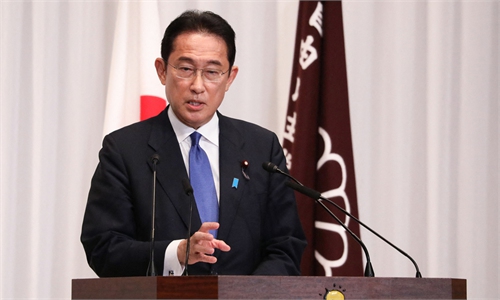
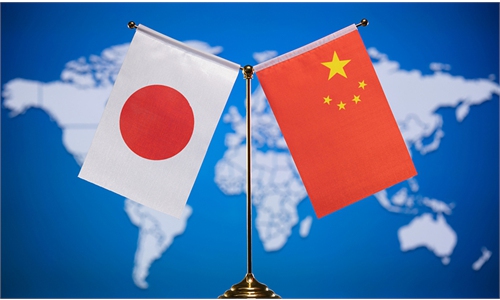
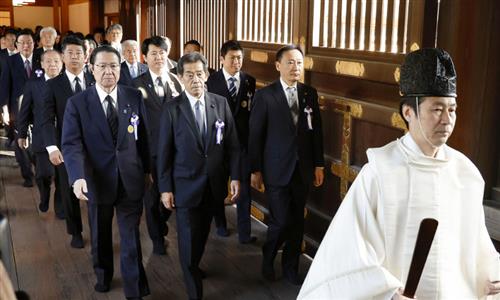
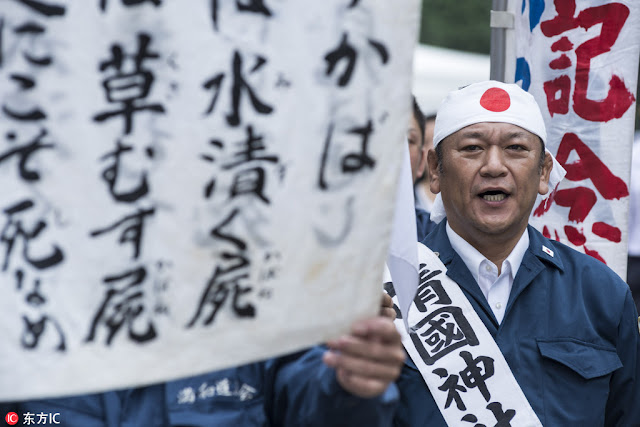




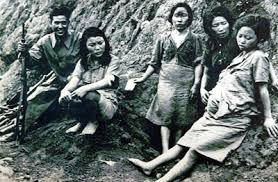



%20salutes%20to%20the%20camera%20at%20the%20ceremony%20to%20mark%20the%2080th%20anniversary%20of%20US%2014th%20Air.jpeg)



